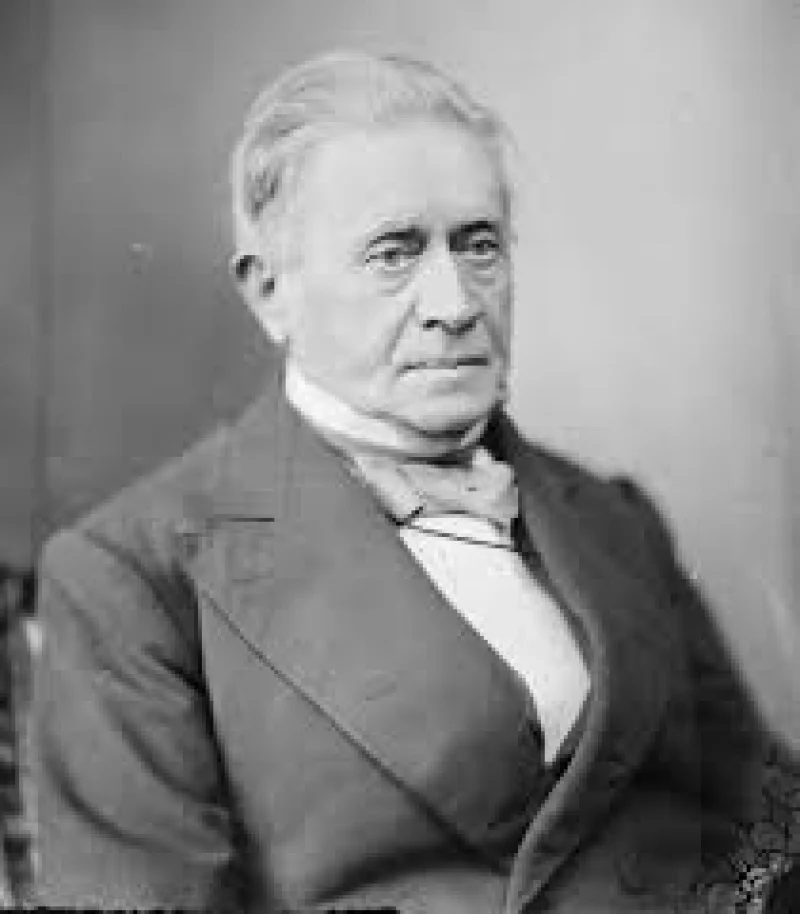Short Summary
Henry David Thoreau was an American essayist, poet, and philosopher, renowned for his reflections on simple living and natural surroundings. He is best known for his book "Walden," a reflection upon simple living in natural surroundings, and his essay "Civil Disobedience," which advocated for individual resistance to civil government in moral opposition to unjust laws. Thoreau's works have inspired generations of readers to seek a deeper connection with nature and to question societal norms.
Early Life & Education
Born on July 12, 1817, in Concord, Massachusetts, Henry David Thoreau was the son of John Thoreau, a pencil maker, and Cynthia Dunbar. He attended Harvard College, where he studied classics, philosophy, and science, graduating in 1837. During his formative years, Thoreau was influenced by Ralph Waldo Emerson, whose work introduced him to Transcendentalism, a philosophical movement that emphasized the inherent goodness of people and nature. Emerson’s mentorship was pivotal in shaping Thoreau's philosophical outlook and literary career.
Career Highlights
Thoreau's career was marked by his commitment to Transcendentalist ideals. He lived for two years at Walden Pond, an experiment in simple living that became the basis for his most famous work, "Walden." He also worked as a surveyor, a teacher, and a pencil maker in his family's business. Thoreau's essay "Civil Disobedience," influenced by his brief imprisonment for refusing to pay a poll tax, has been widely influential, inspiring figures such as Mahatma Gandhi and Martin Luther King Jr. His writings continue to influence environmental and social movements.
Major Achievements
- Publication of "Walden" in 1854, which has become a classic of American literature and a seminal work in the environmental movement.
- Authoring "Civil Disobedience," a foundational text in the philosophy of nonviolent resistance.
- Significant contributions to the Transcendentalist movement through essays and public lectures.
- Influencing subsequent civil rights leaders and environmentalists with his writings and philosophy.
Famous Quotes
- "The mass of men lead lives of quiet desperation."
- "I went to the woods because I wished to live deliberately, to front only the essential facts of life."
Share this biography:
Related Biographies
Comments










